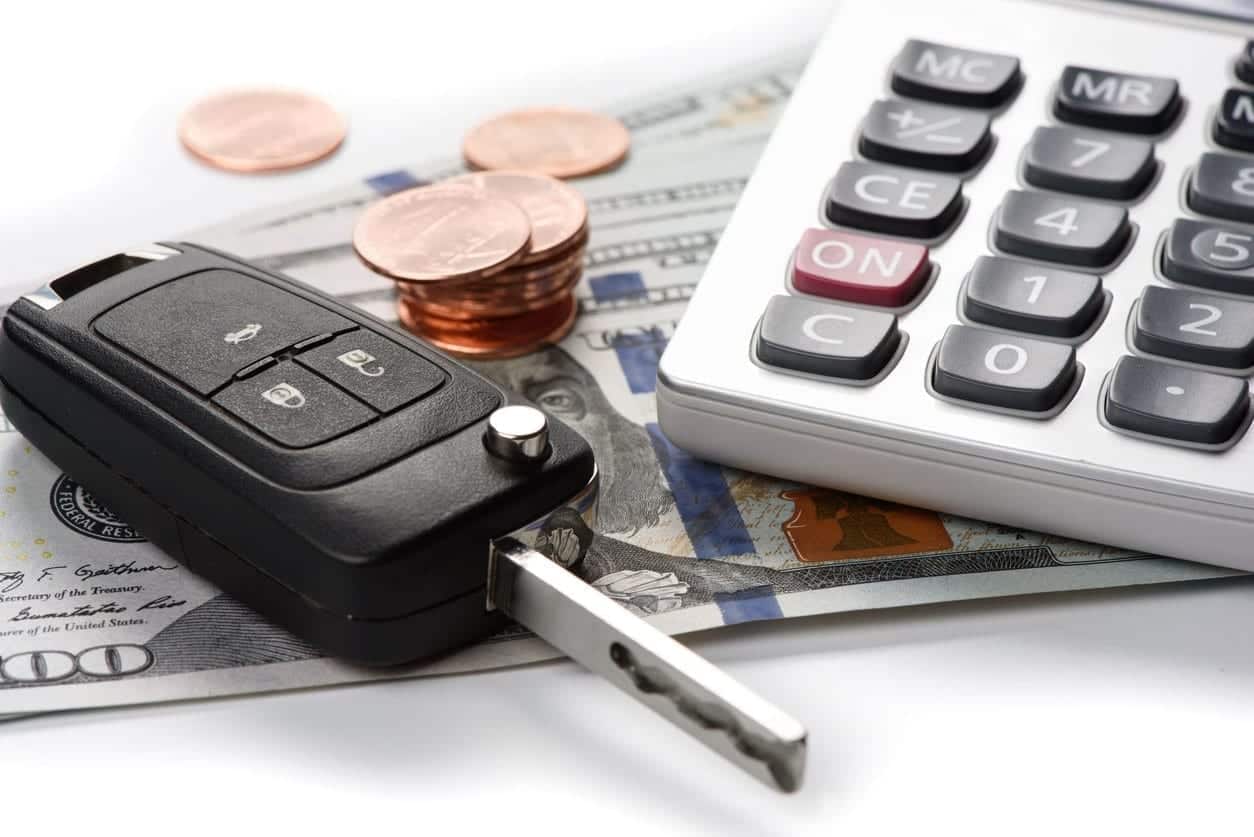How Does PIP Work after a Car Accident in Florida?
The frustrations of getting into an auto accident do not stop after your injuries are healed. For many people, filing a claim and waiting to receive compensation can take months – or even longer. In many states, drivers have to fight to receive damages related to their claim and prove that the accident was not their “fault.”
Not so here in Florida. Personal injury protection (PIP) auto insurance takes fault out of the equation when people have an auto accident and can help to get people compensation faster and without requiring them to answer too many questions.
That being said, PIP isn’t perfect. It has a limit of only $10,000. If the cost of your injuries exceeds this amount and the other driver is to blame, you will likely have to file a personal injury lawsuit against them. Beyond that, there are still requirements you need to meet and things that you must do in order to receive compensation.
Below, we’re going to walk you through what happens in a typical PIP claim.
The Process and Benefits of Personal Injury Protection
The first 14 days after your accident have a large impact on how much compensation will be handed out. If you do not get any treatment within this time frame, PIP will not cover your medical bills. At all. So it is vital that you see a doctor fast.
After you file a claim, the insurance company may request that you undergo an examination from a doctor of their choosing. Insurance companies have the right to make this request in order to assess your medical situation and whether or not you should receive compensation.
Make sure you are keeping track of the dates, prescriptions, doctor’s notes, and lost wages that pertain to your accident and medical care. All of this information will help you get the benefits that you need.
Before you get compensation for medical bills, your insurance provider will have to determine whether or not you were treated for an “emergency medical condition.” If you were not treated for an emergency medical condition, the insurance provider may cap your compensation at $2,500. If your injuries were considered an “emergency medical condition,” your insurance will cover 80% of medical bills up to $10,000 (after you pay deductibles).
It is also important to know that the coverage will only apply for follow-up services that pertain to the diagnosed emergency medical conditions.
If you miss work, you will have to provide your insurance provider with a “Wage and Salary Verification.” This document shows how much you have earned in the 13 weeks before the accident so that the insurance provider will know how much to pay up. PIP coverage covers 60% of lost wages.
PIP insurance also covers $5,000 for death benefits, and reimburses miles to and from your doctor. However, PIP will not cover chiropractic care, including massage therapy or acupuncture.
If everything goes smoothly, you should get your insurance benefits within 30 days of letting your provider know how much you lost due to the accident. If you are suspected of insurance fraud, the provider is allowed to take an extra 60 days to investigate your claim. After this time period, your coverage is overdue.
Because often things do not go smoothly, we recommend that you consult with an auto accident lawyer throughout this process. They can help in your dealings with the insurance company as well as start collecting evidence in the event that your injuries end up being serious enough to exceed PIP’s $10,000 limit and you need to file a personal injury claim.
Going through a personal injury case is a lot different from getting benefits through PIP. First, as hinted at above, it can only be done if your injuries meet certain criteria – namely, that they are serious enough to qualify. If you pass that hurdle, fault comes into play. Unlike with PIP’s “no-fault” coverage, you must be able to prove that the other party was responsible if you take them to court for compensation.
As you might imagine, getting compensation through a personal injury suit can be quite a bit more complex. So if you are thinking about filing one, you should definitely reach out to a Florida personal injury lawyer first.
PIP Might Not Exist For Long
Every insurance holder should know how PIP works – but also be aware that this policy may be short-lived, because Florida has been making moves that might threaten the existence of PIP.
Studies are being conducted to see how much the state would save without PIP, and in recent years lawmakers have lowered caps and added more requirements before people can get the benefits they need. In theory, this legislation was put in place to combat insurance fraud throughout the state, but many have cast doubt on this assertion.
If PIP goes away, it is unclear how personal injury compensation for auto accidents would work in Florida. The best thing that you can do is stay informed – and if you or someone you love is injured, talk to an attorney before making any moves.
About the Author:
Personal Injury:
Andrew Winston is a partner at the personal injury law firm of Winston Law. For over 20 years, he has successfully represented countless people in all kinds of personal injury cases, with a particular focus on child injury, legal malpractice, and premises liability. He has been recognized for excellence in the representation of injured clients by admission to the Million Dollar Advocates Forum, is AV Preeminent Rated by the Martindale-Hubbell Law Directory, enjoys a 10.0 rating by AVVO as a Top Personal Injury Attorney, has been selected as a Florida “SuperLawyer” from 2011-2017 – an honor reserved for the top 5% of lawyers in the state – and was voted to Florida Trend’s “Legal Elite” and as one of the Top 100 Lawyers in Florida and one of the Top 100 Lawyers in the Miami area for 2015, 2016, and 2017.
 7 Items It’s Important to Keep Away From Your Child
7 Items It’s Important to Keep Away From Your Child 


















